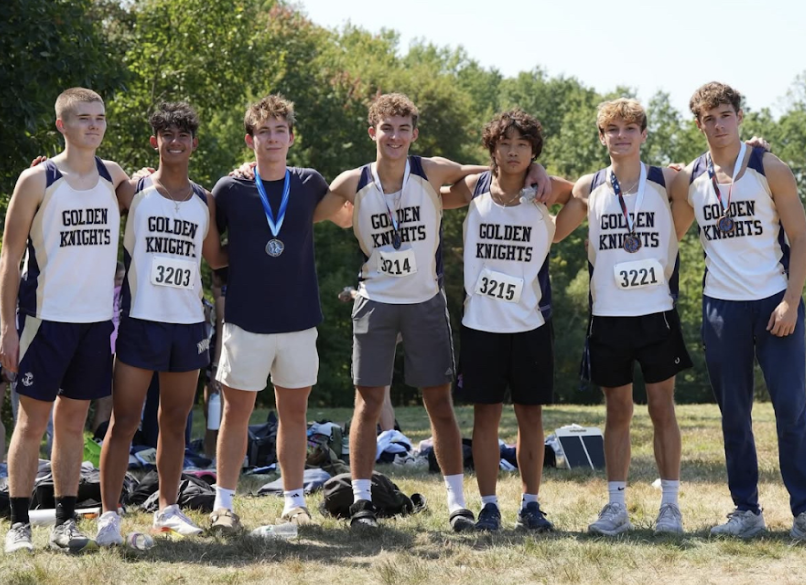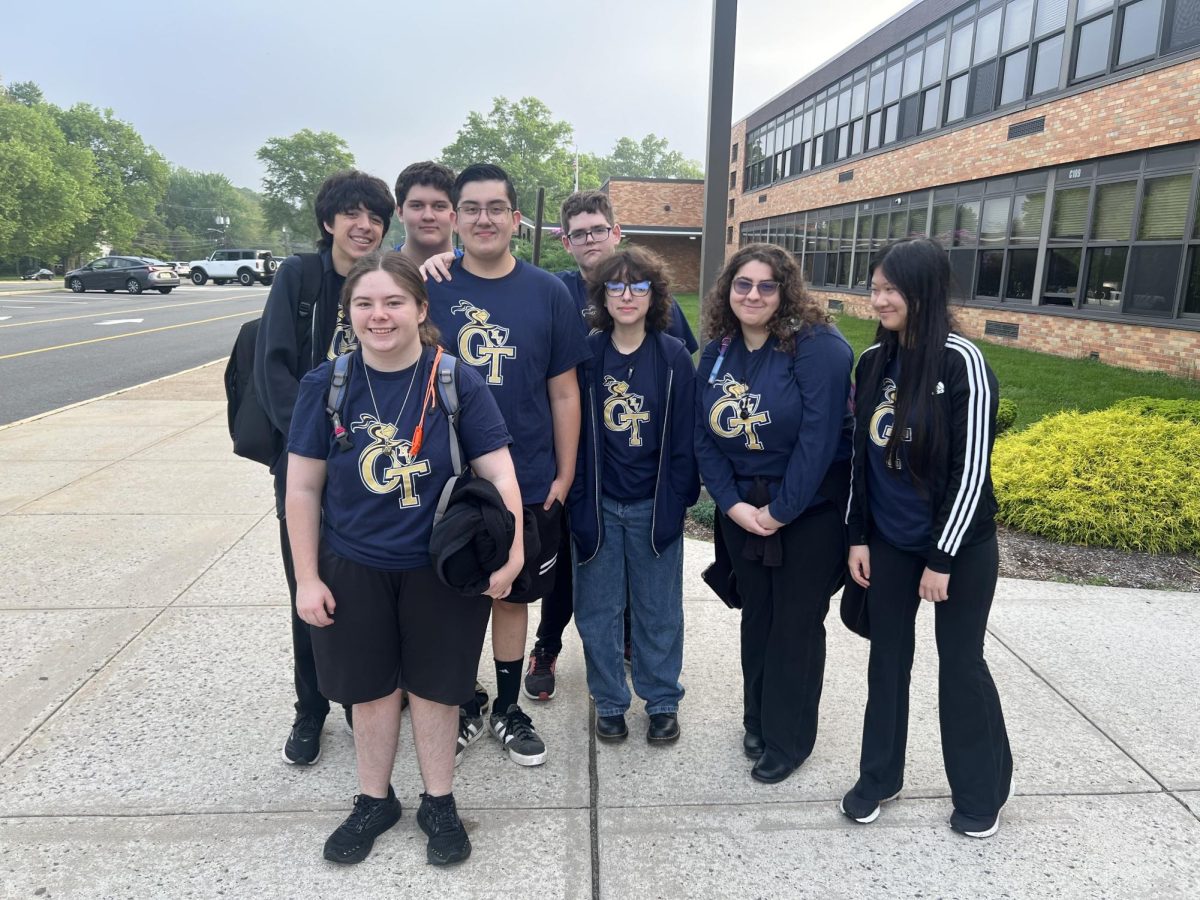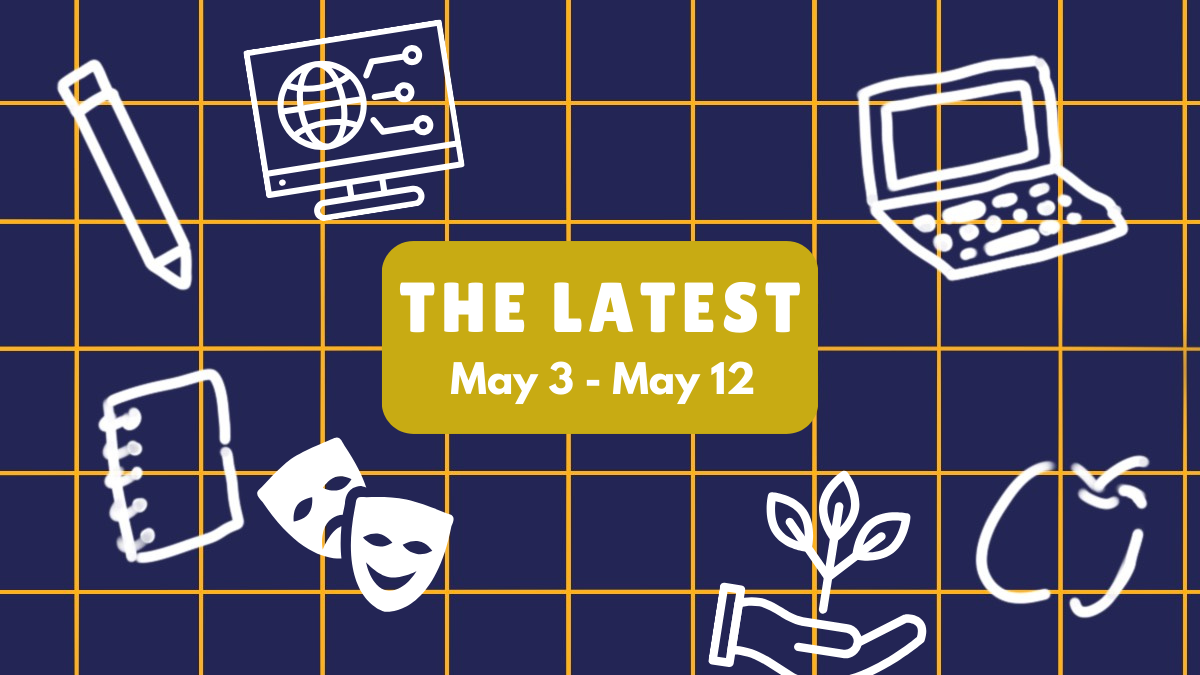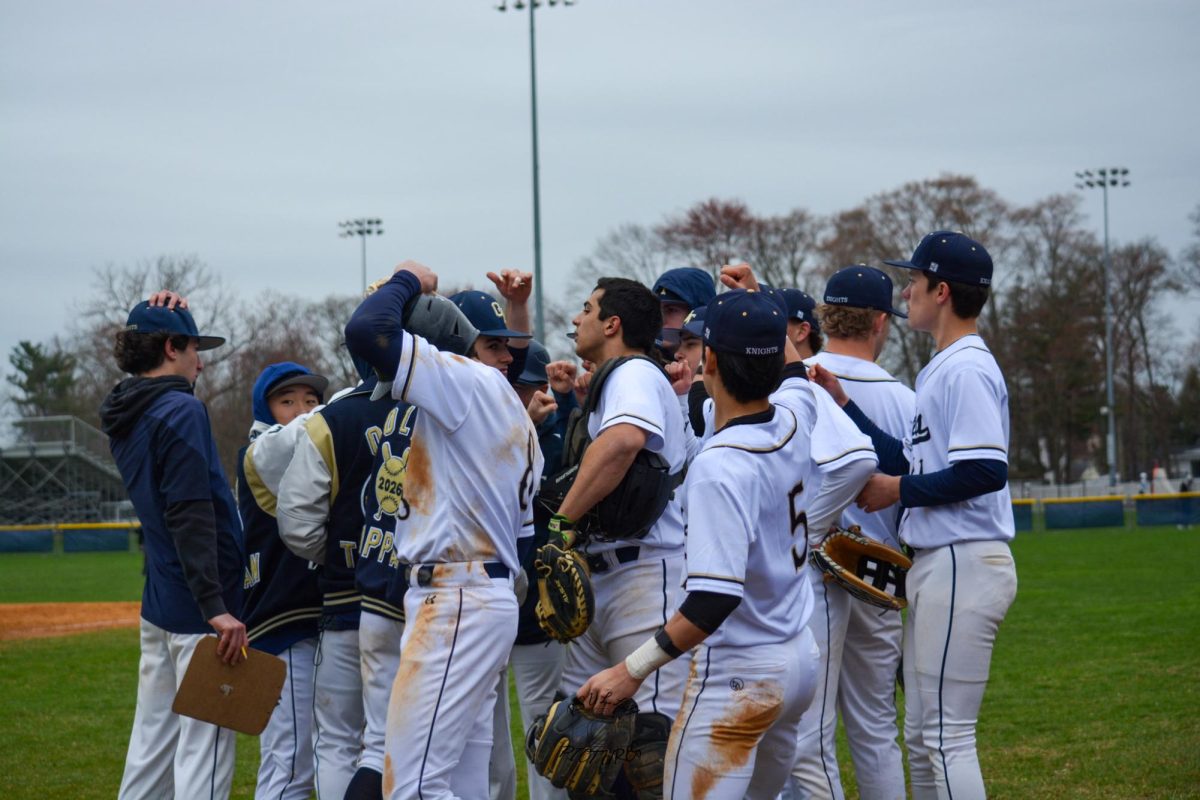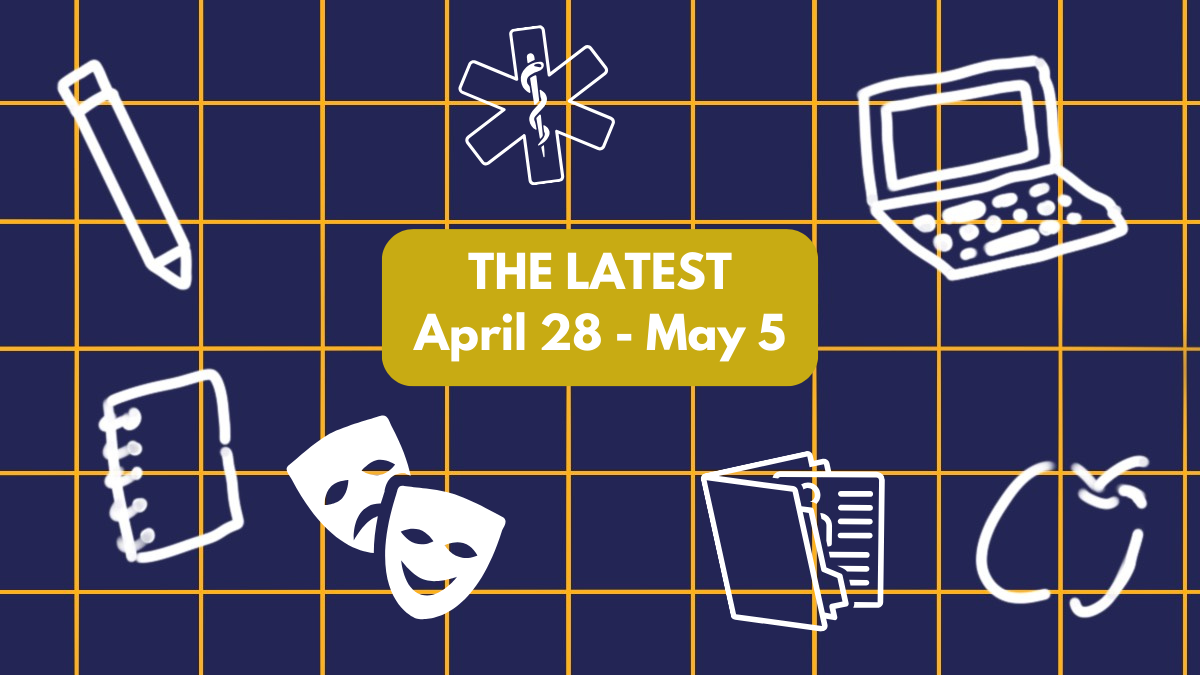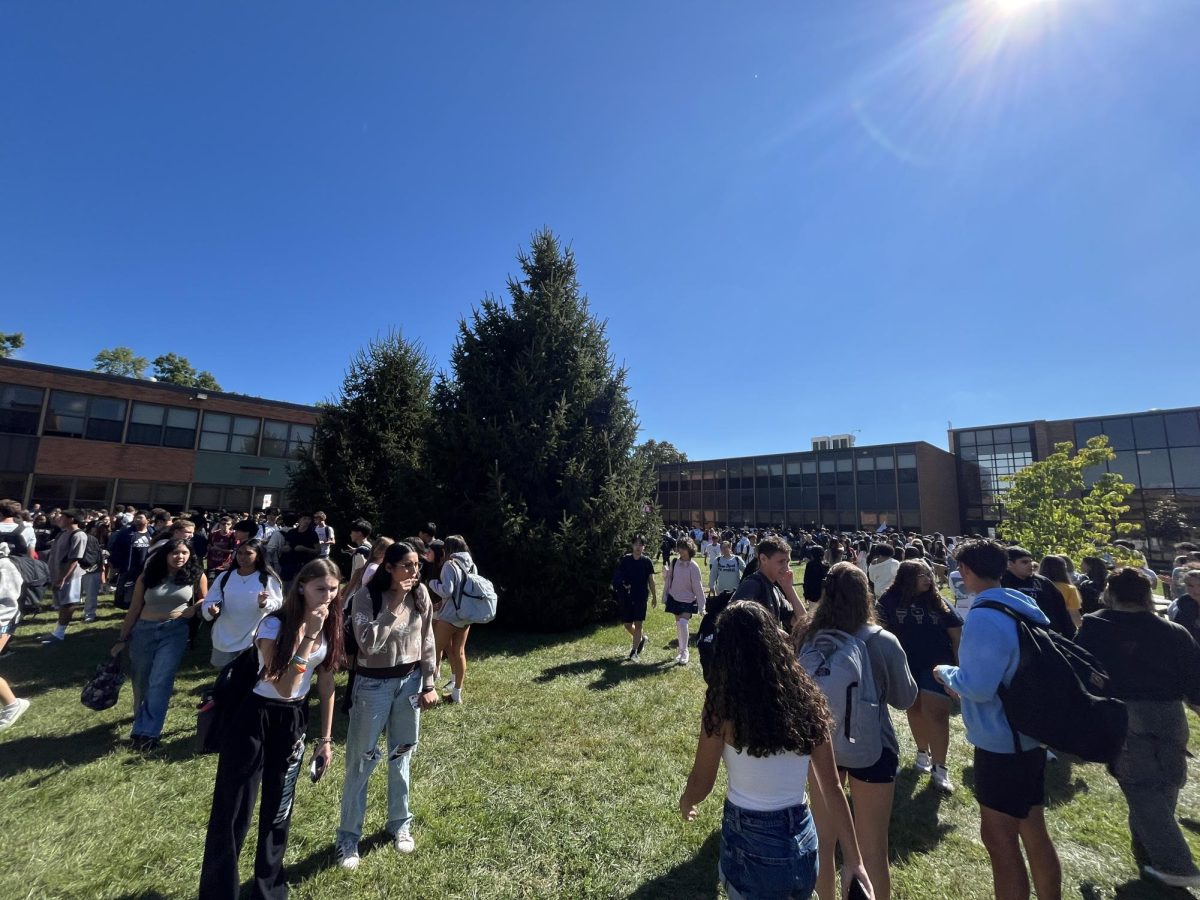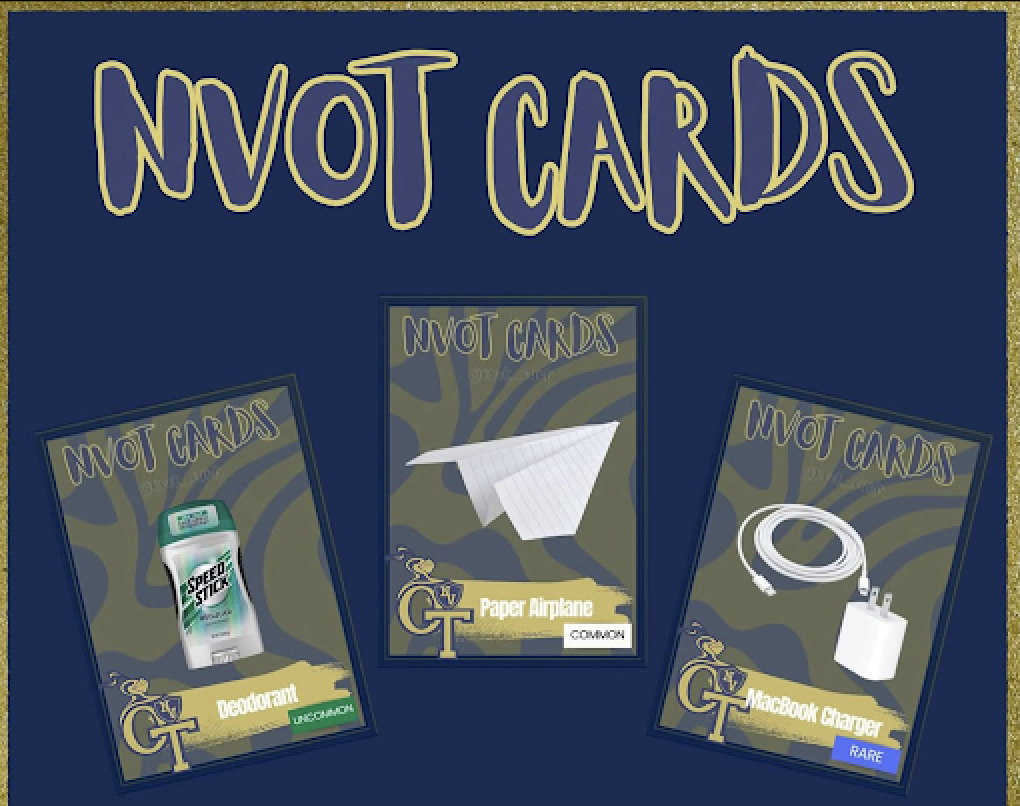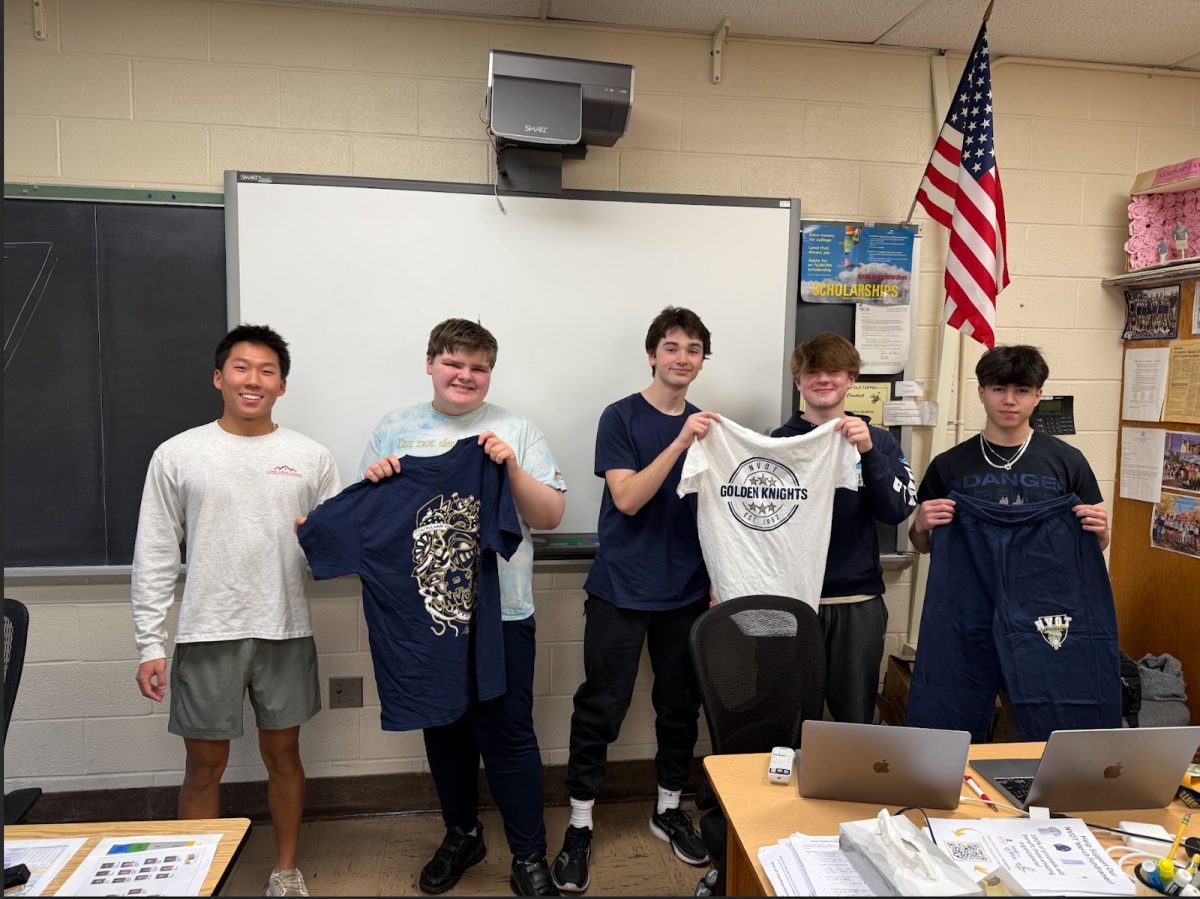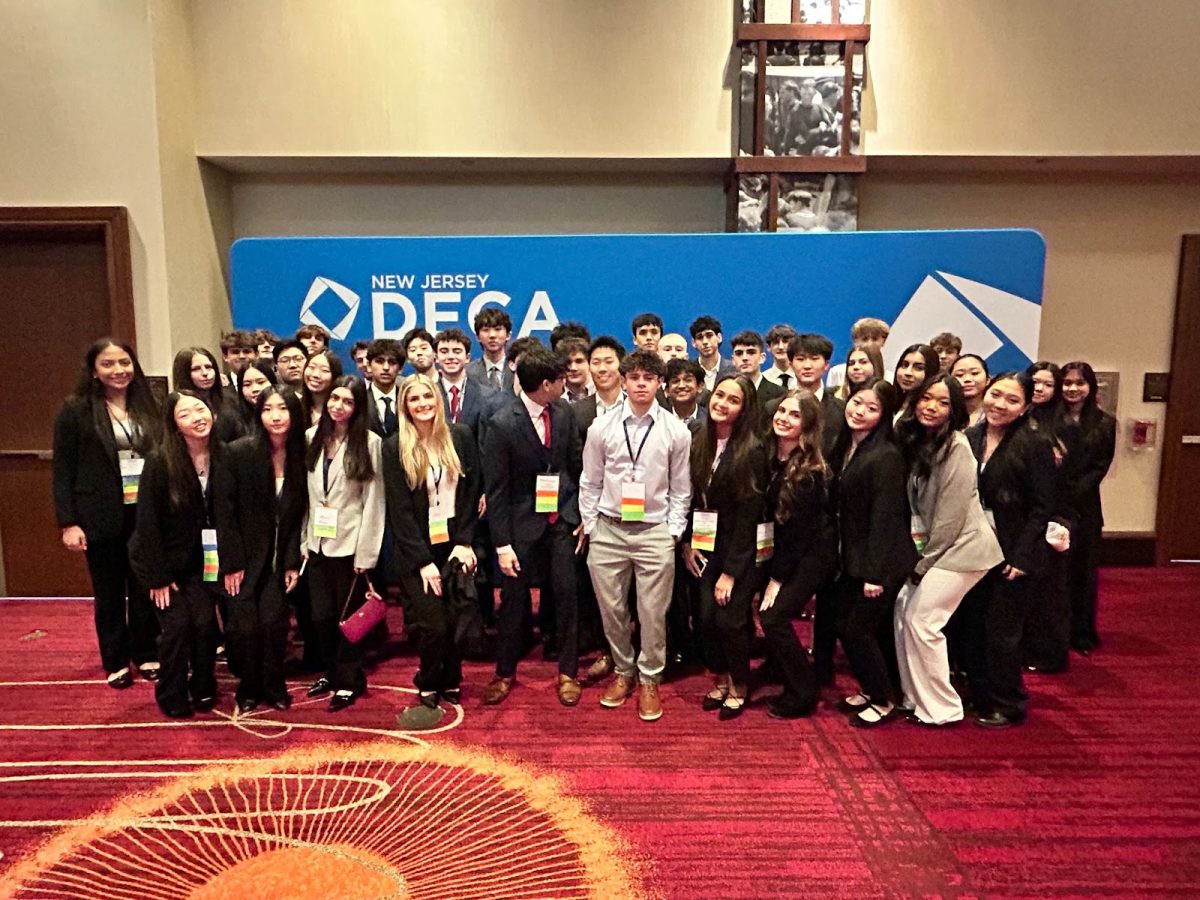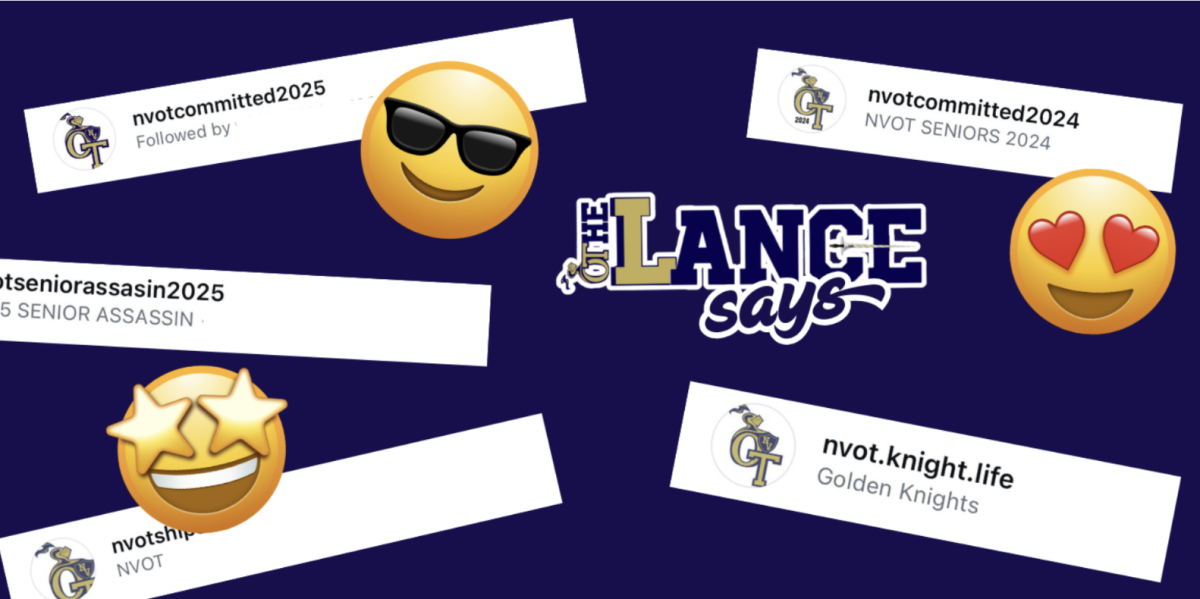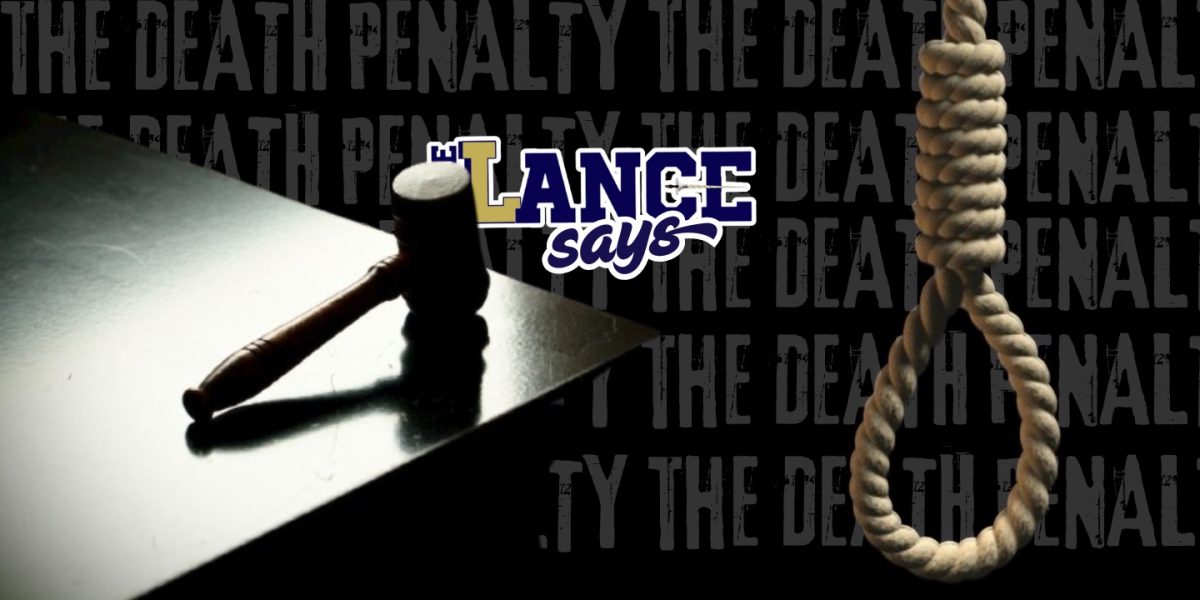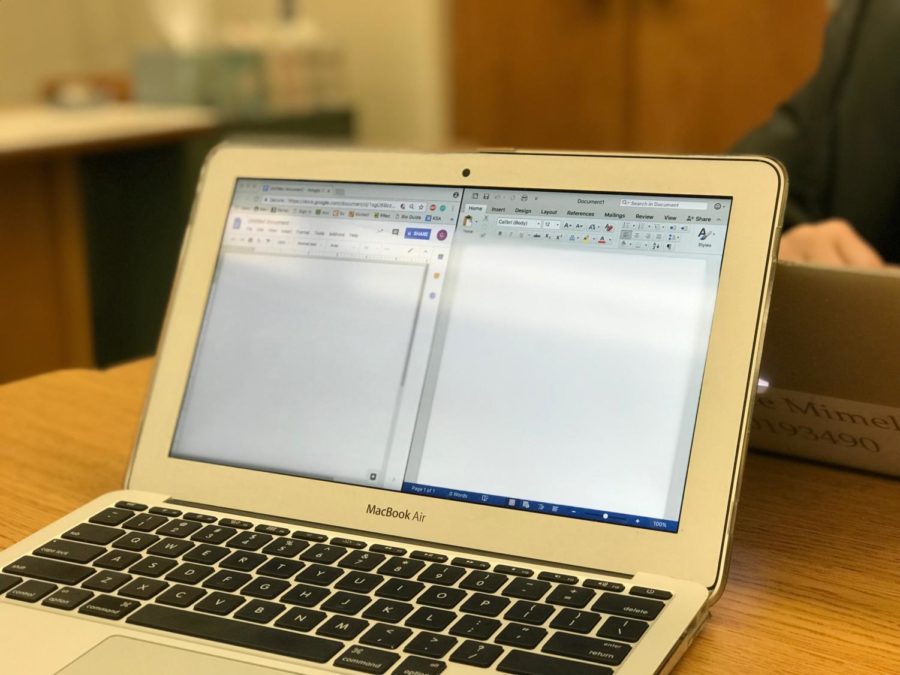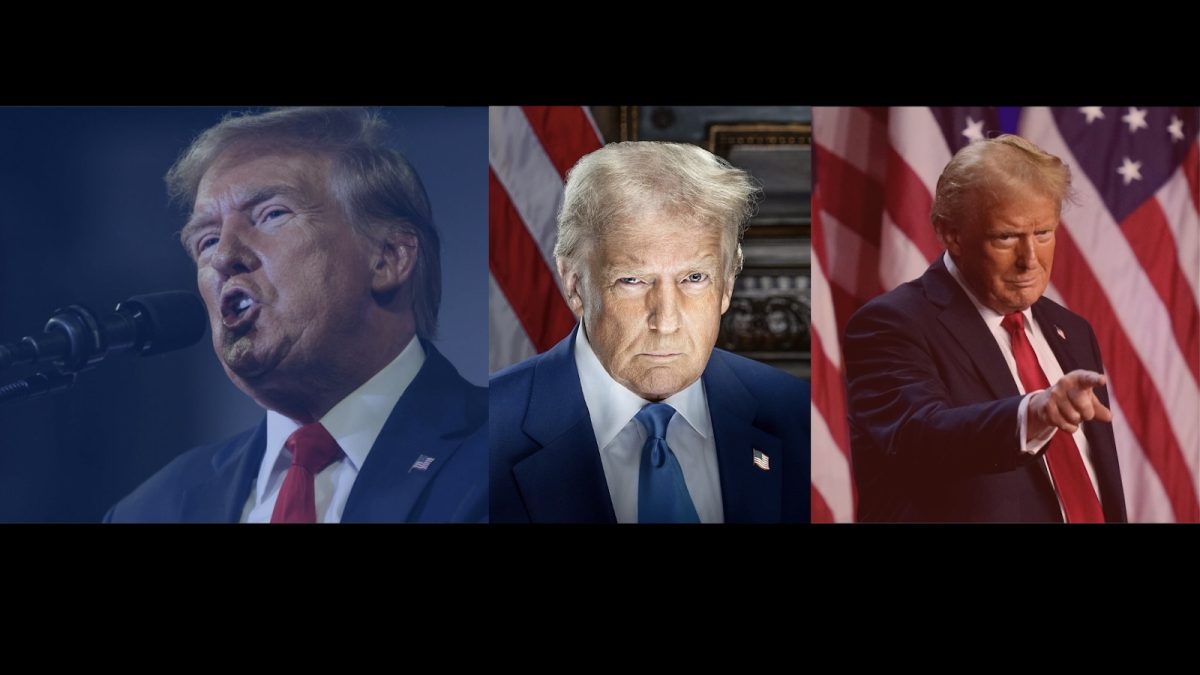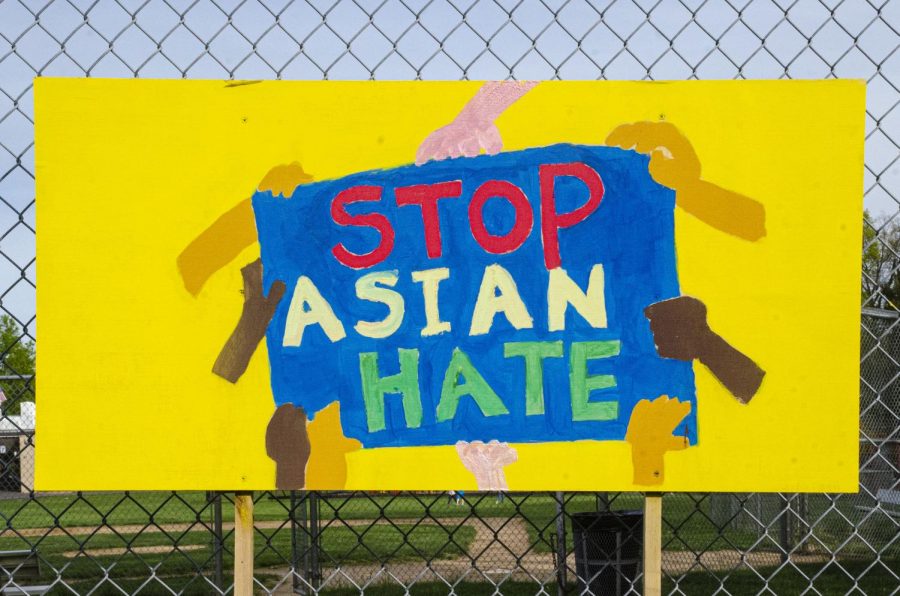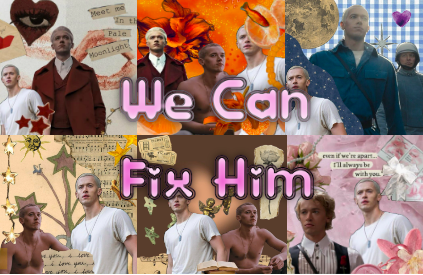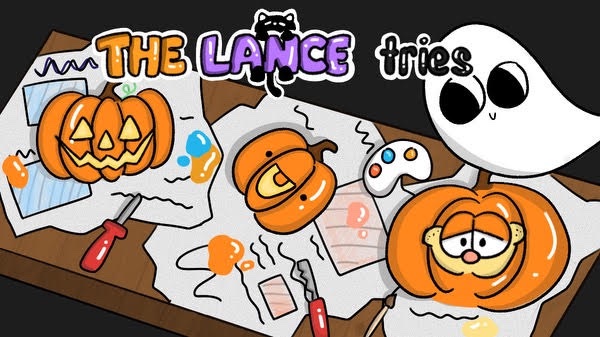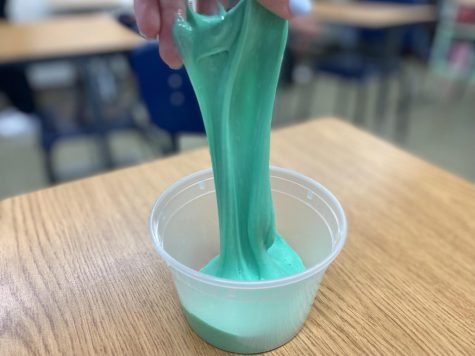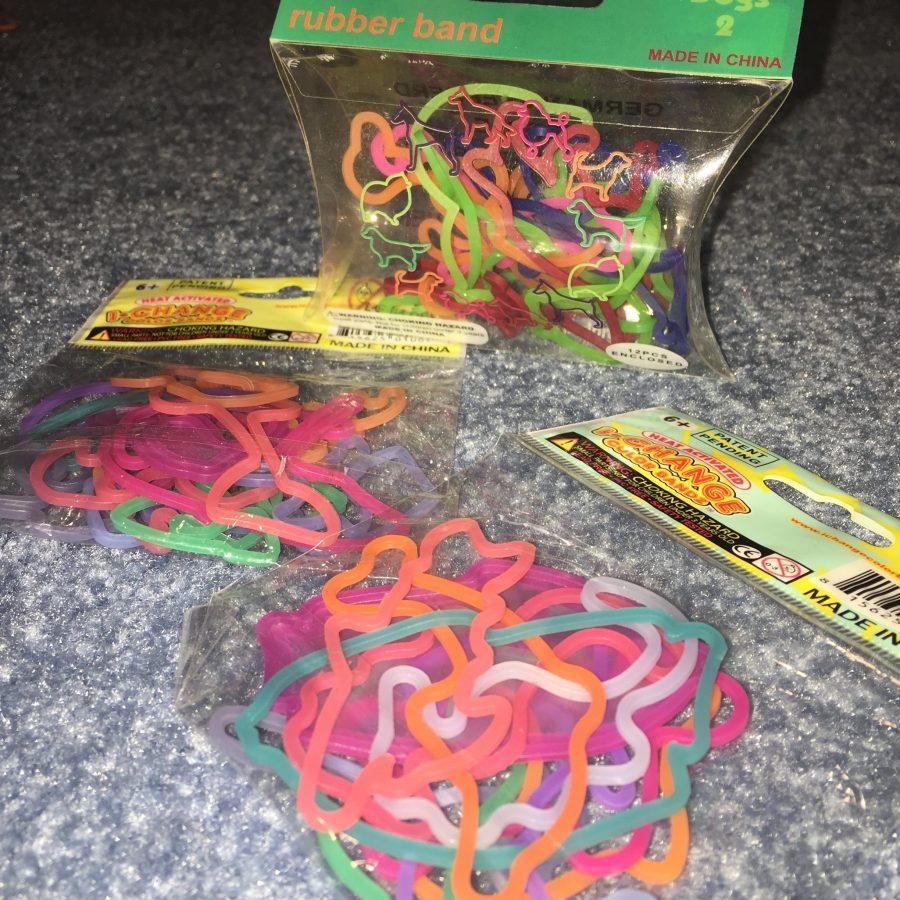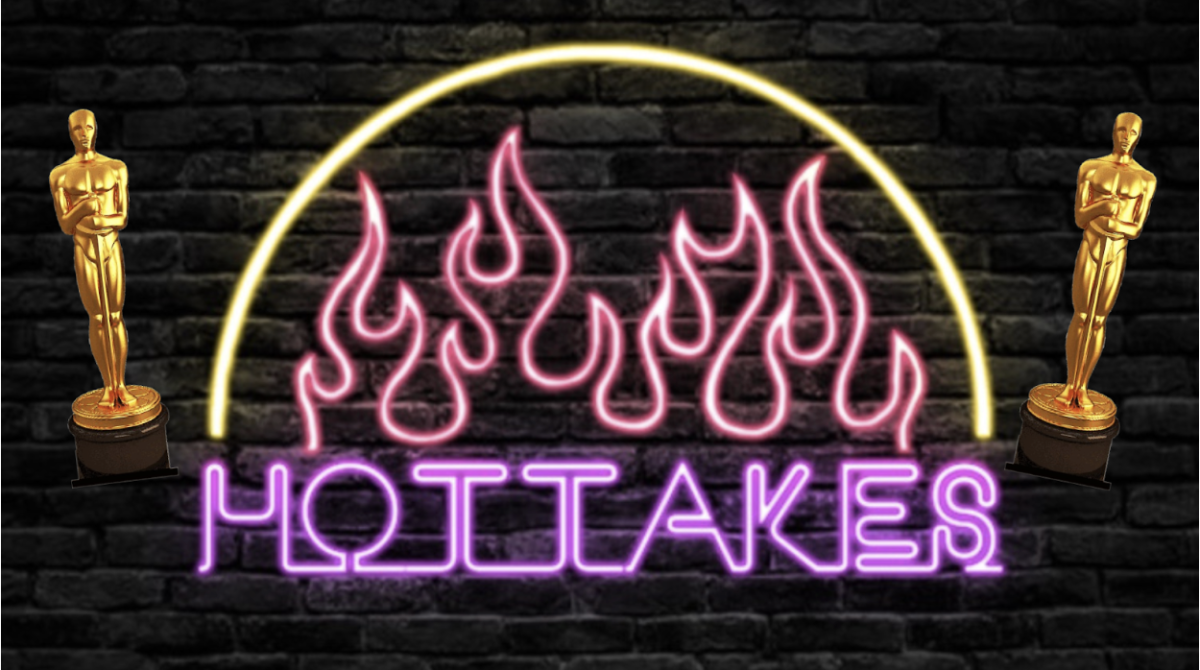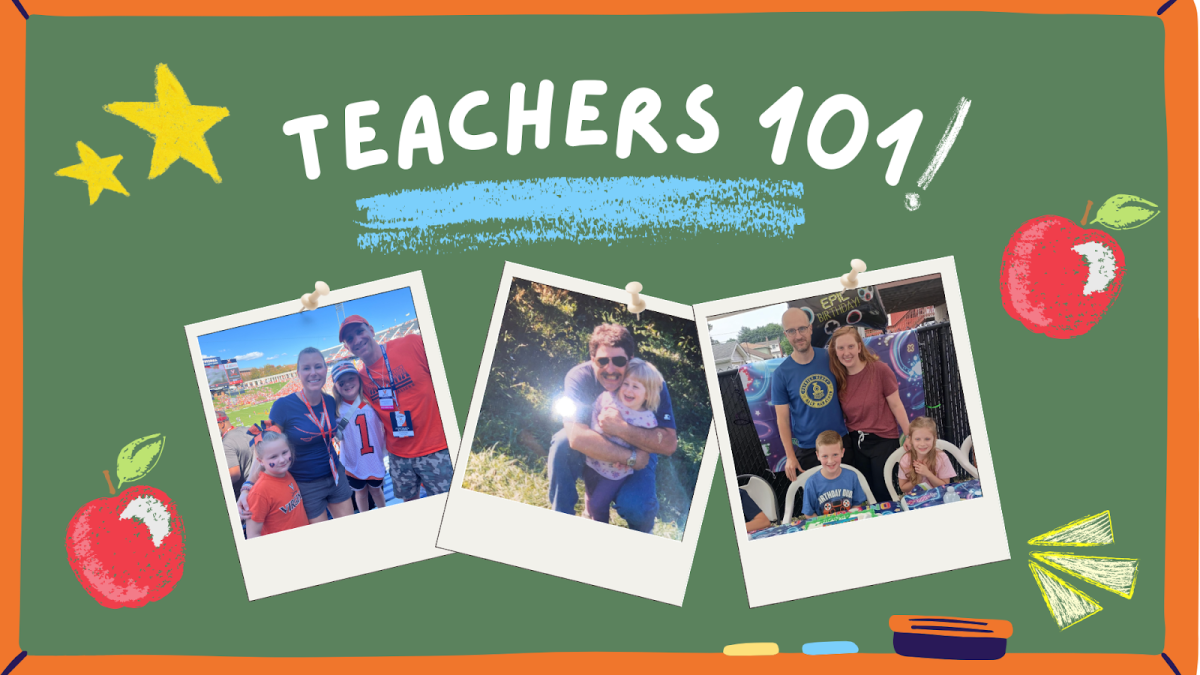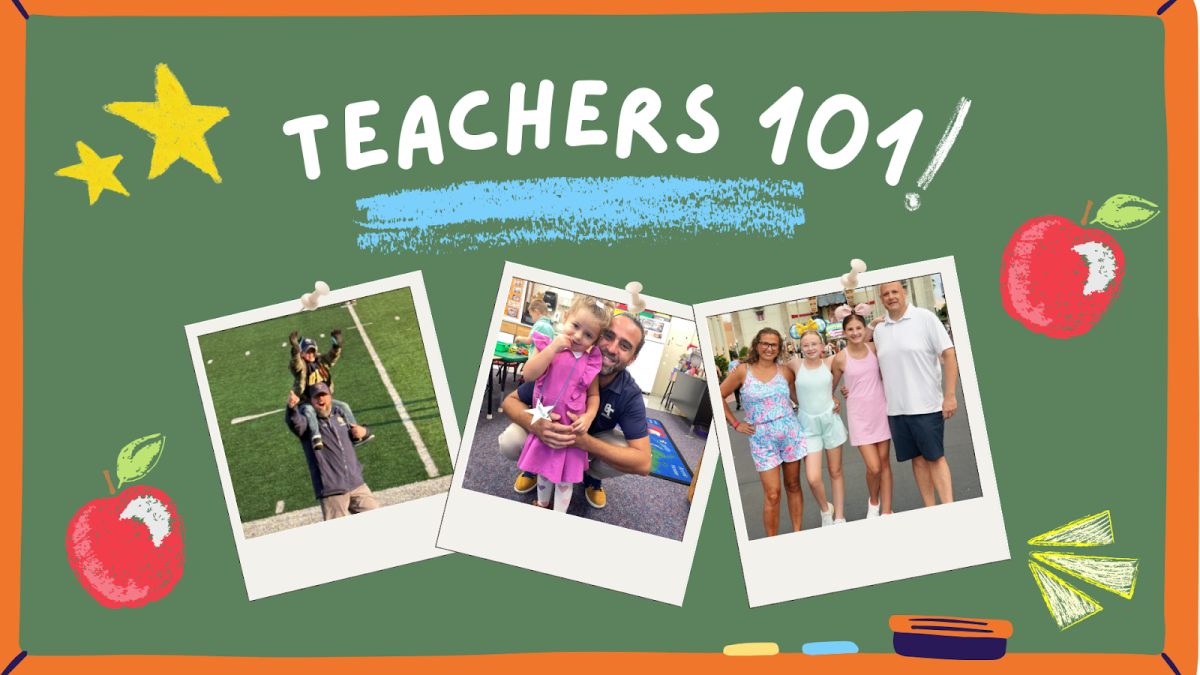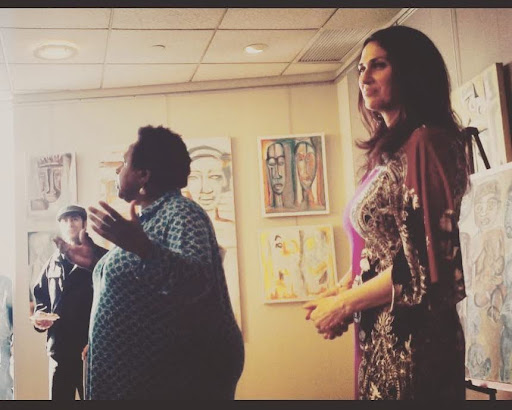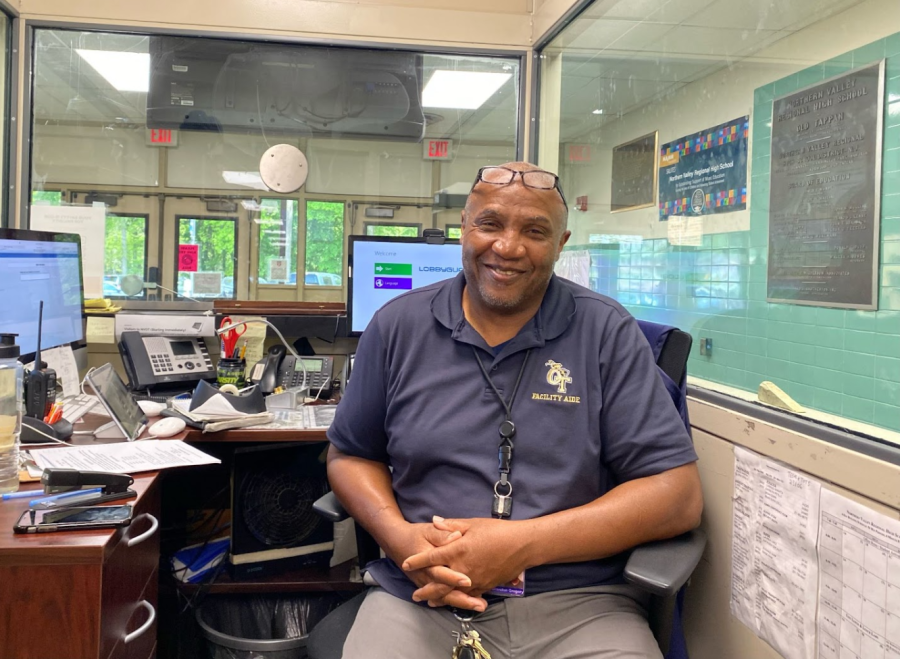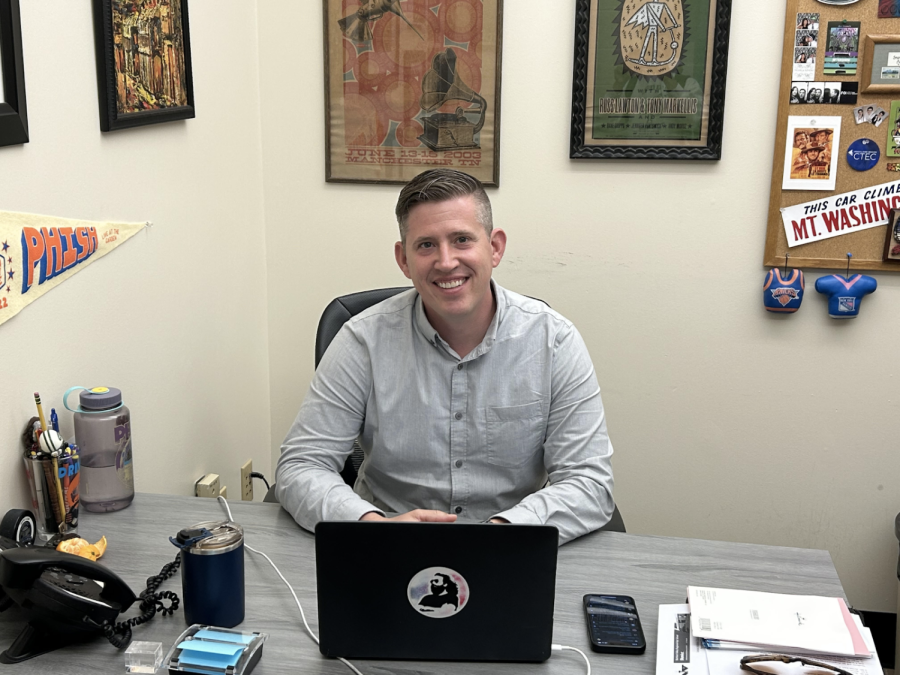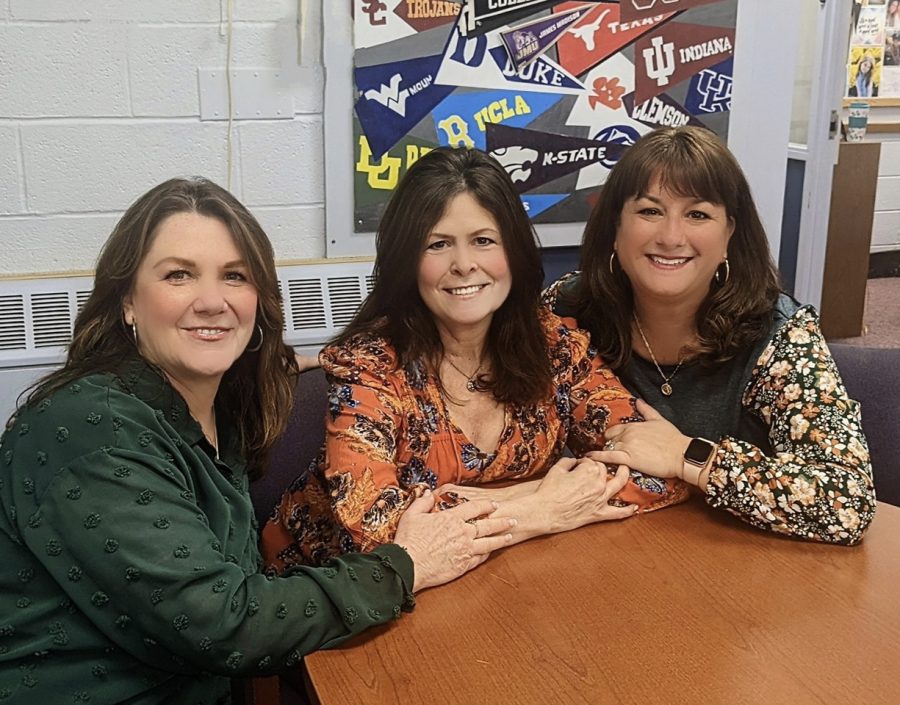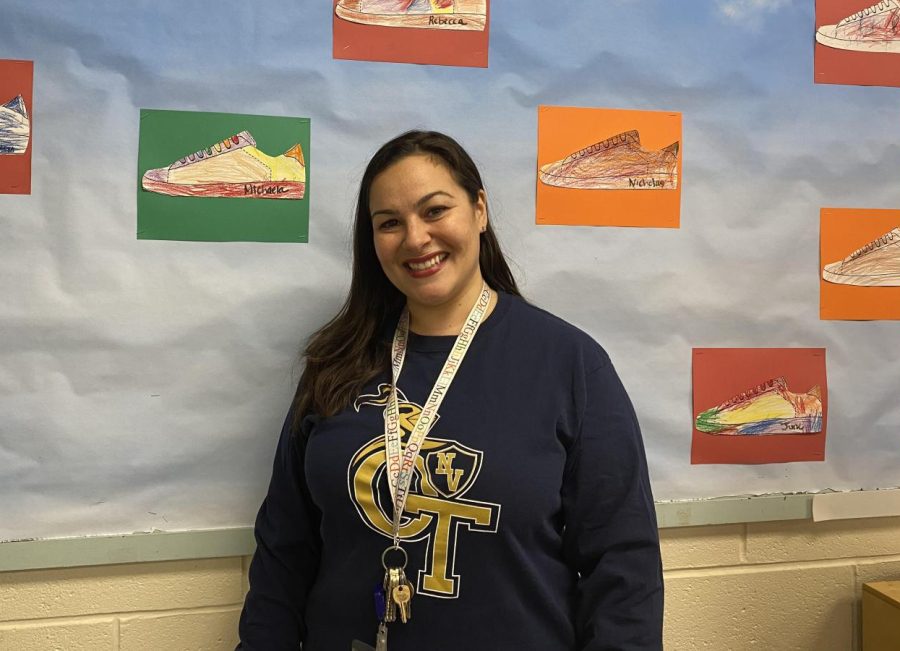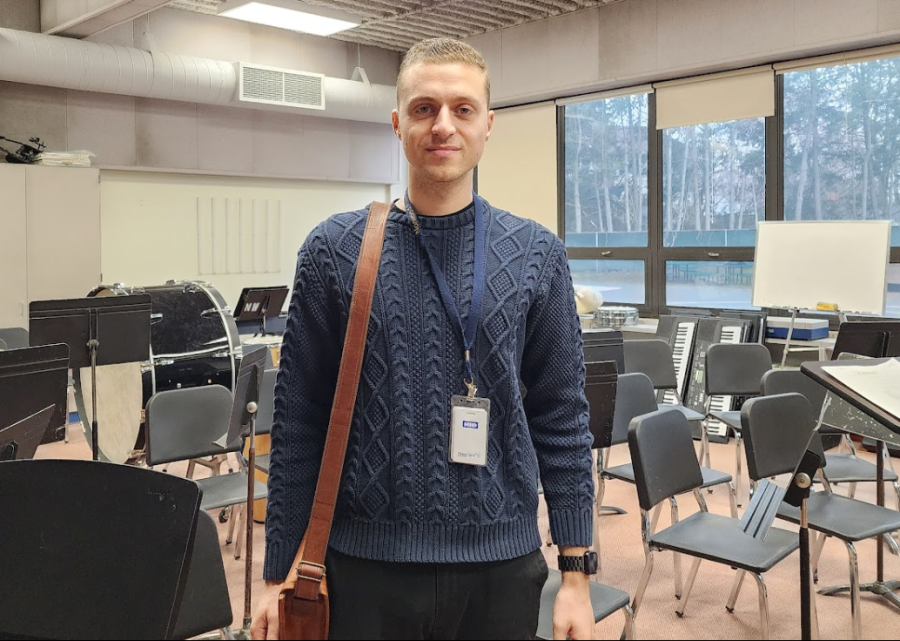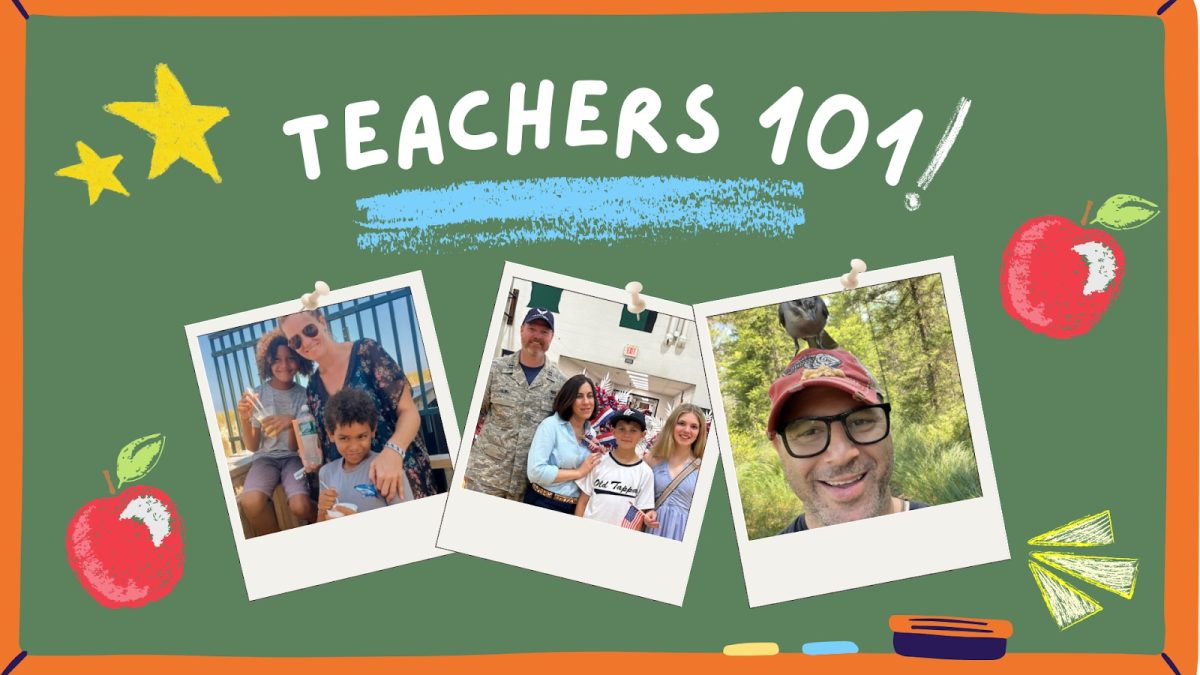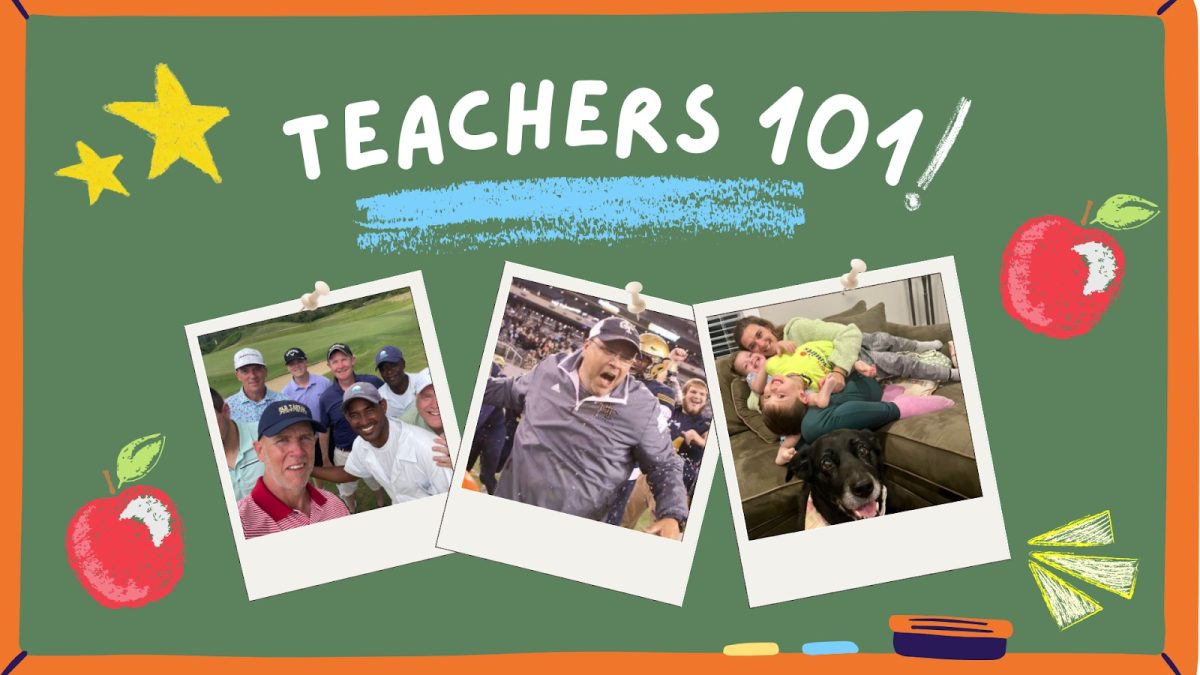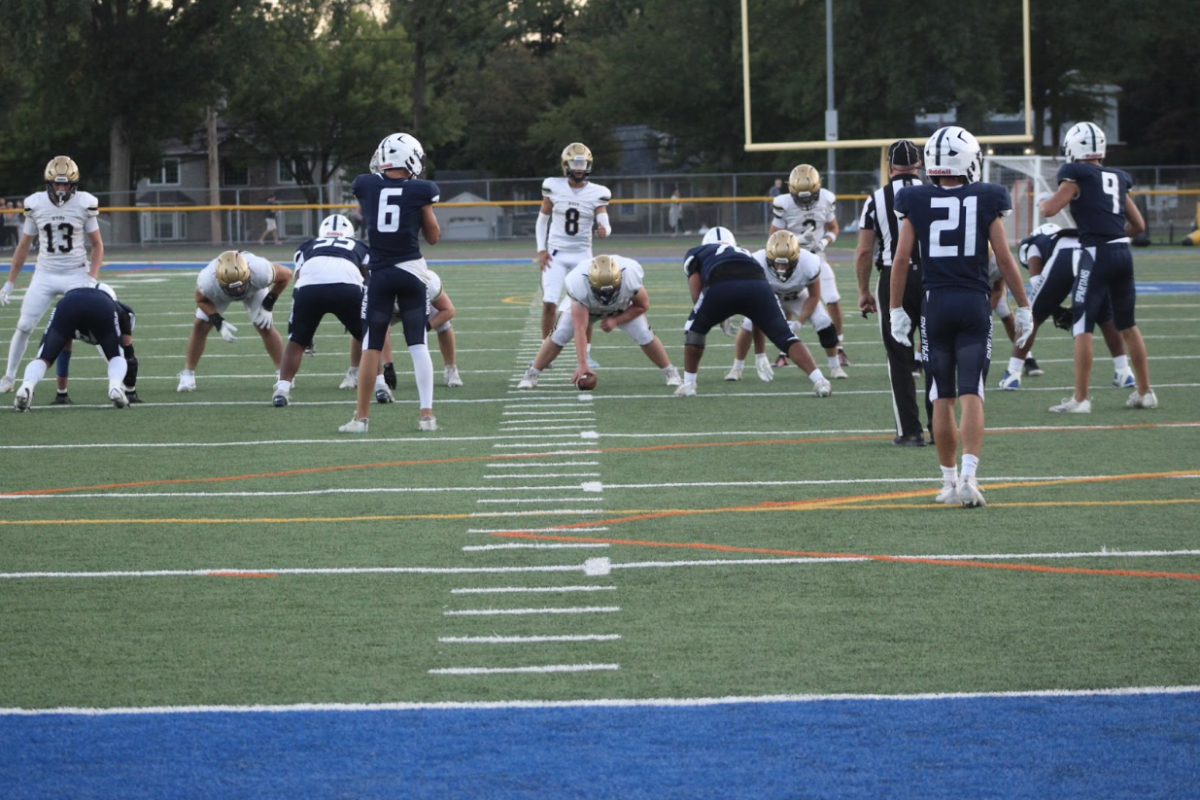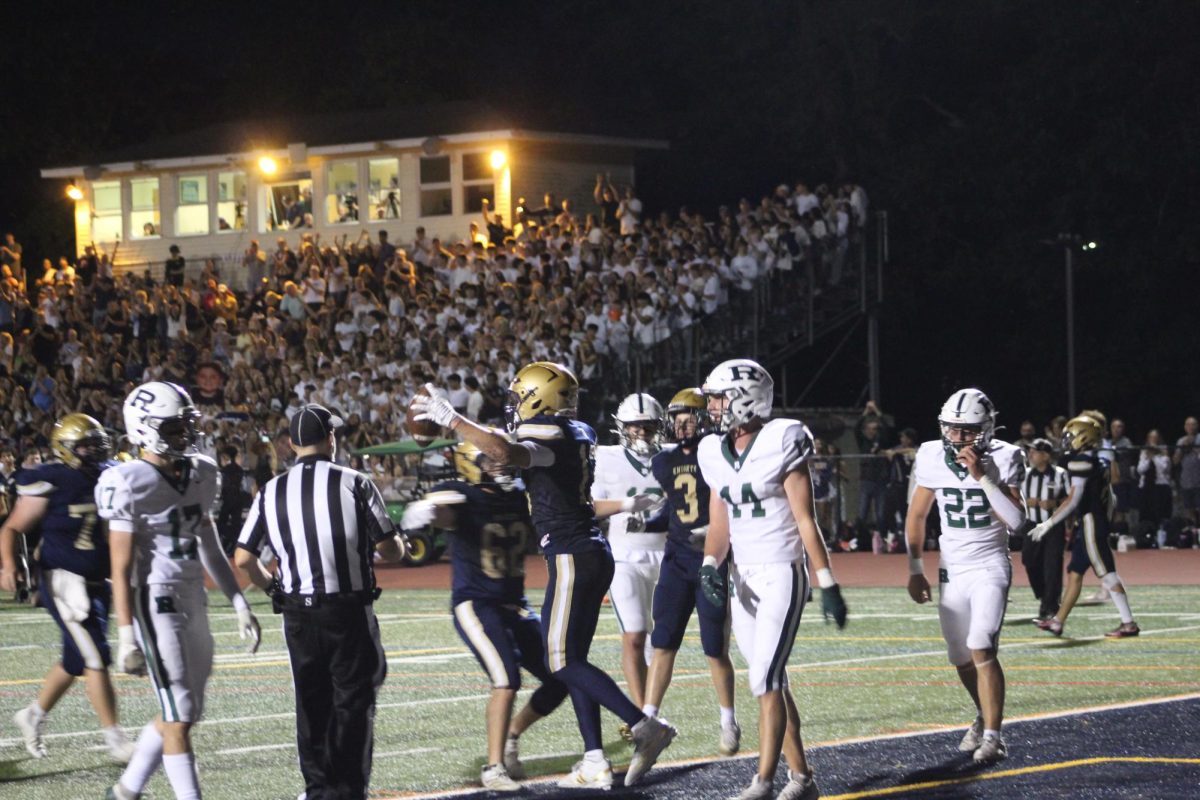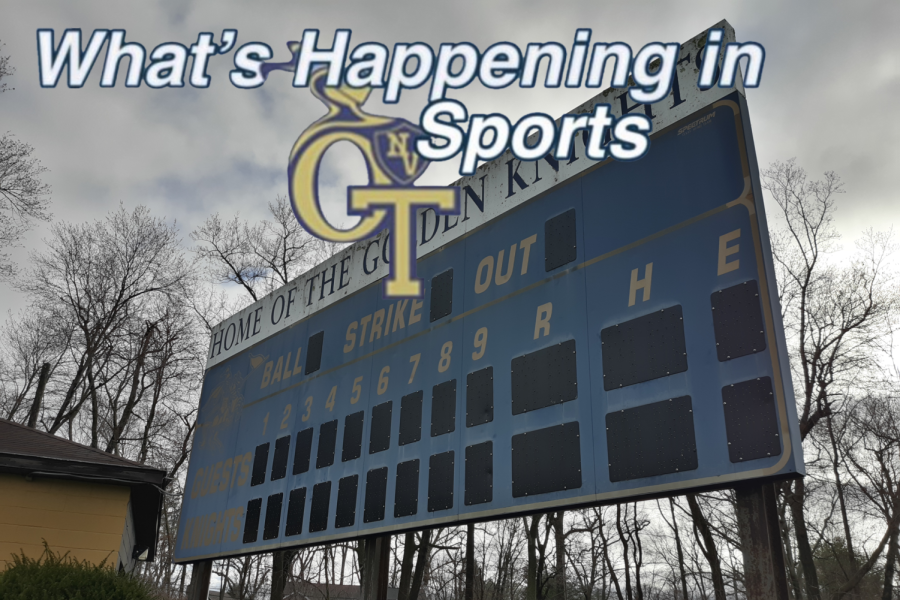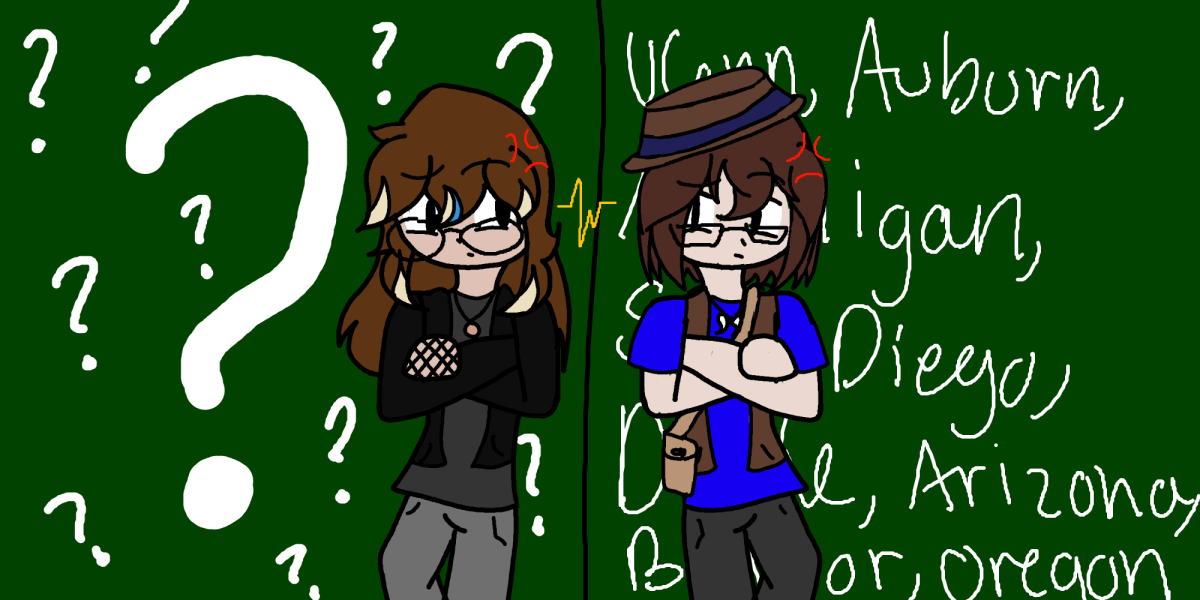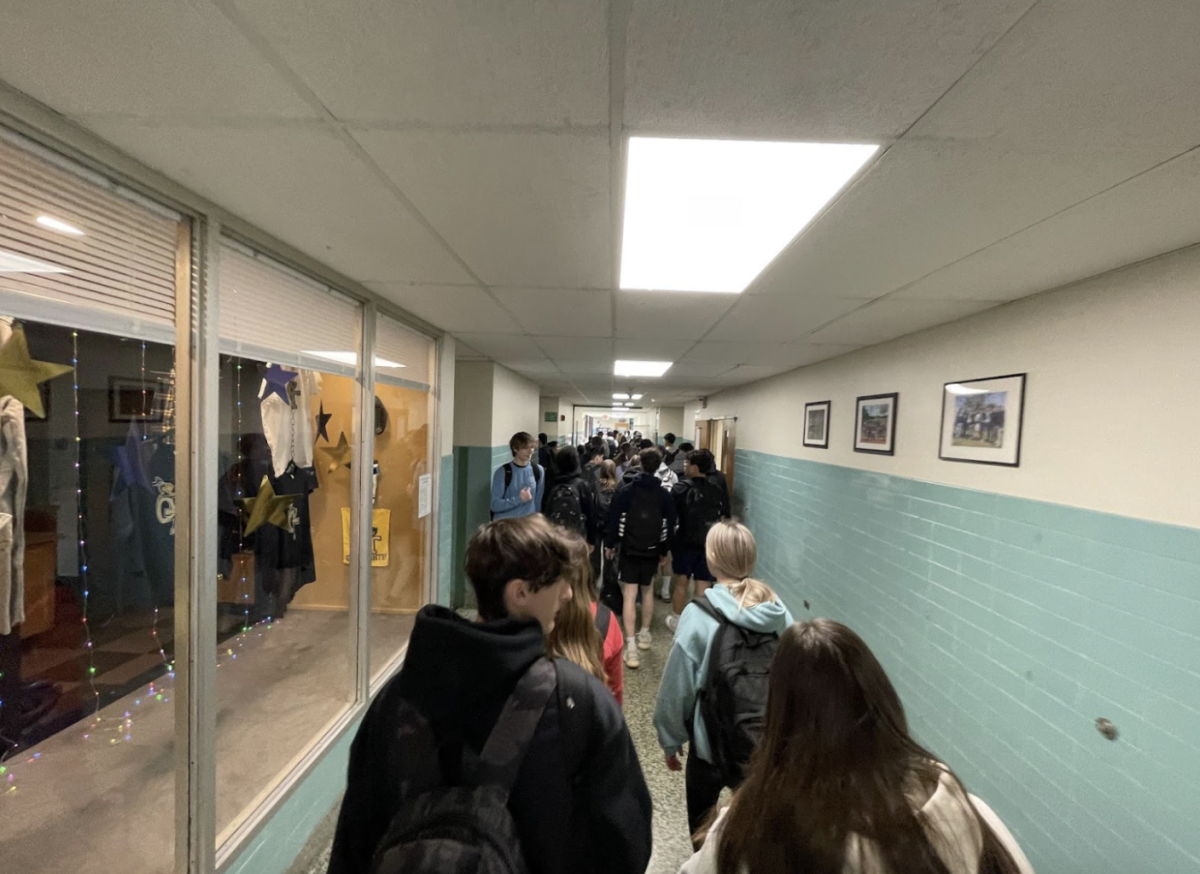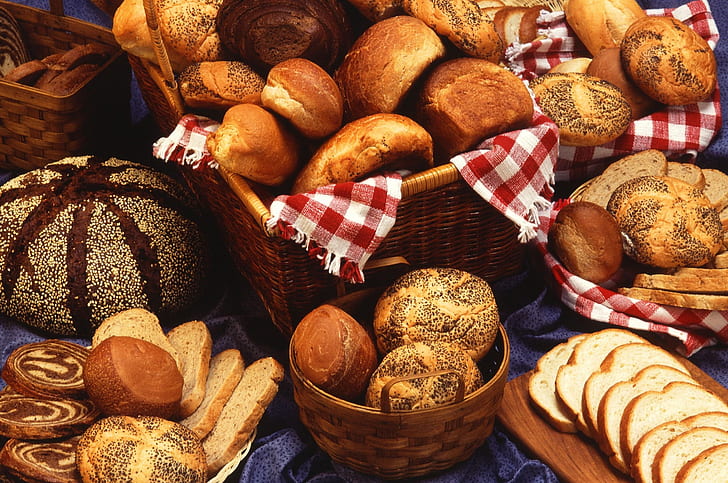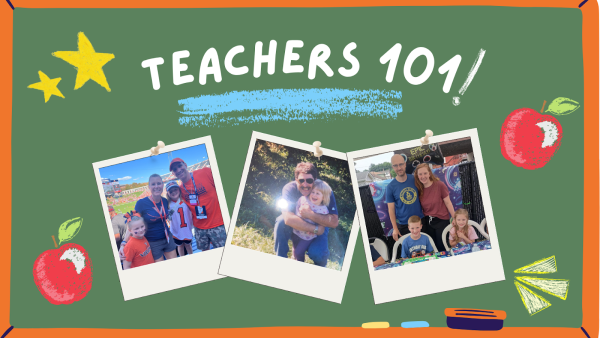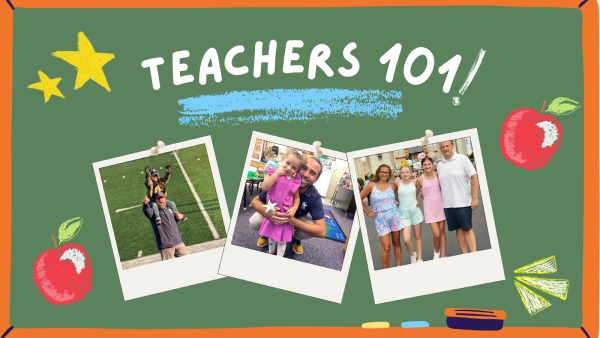Unique Classes Offered at NVOT
Classes to consider next school year
It is officially scheduling season at NVOT, and students are beginning to meet with their counselors to pick classes. Most students like to focus on the four core subjects—math, science, English, and social studies— and aim to fulfill their graduation requirements. However, not many students realize that there are many courses offered that veer off from the traditional history or math class. Not only are they interesting, but also unique in their own way. Here are four underrated classes that we found from each of the four core subjects that you should consider taking next year.
Science
Jeffery Lai’s AP Physics 2 class differs from the average science class because of its hands-on experience, thought-provoking activities – and as strange as its sounds – encouragement to fail. Lai explains that students in his AP Physics 2 class don’t memorize facts and patterns like in traditional classes. Instead, Lai gives his students the materials and situations to allow them to learn and discover skills and methods that famous scientists have already discovered.
Lai hopes to give his students scientific discovery skills that his students will use outside of the classroom. He encourages his students to learn from their failures, his motto being, “fail early, fail often, fail smart.” If you love experiments, thinking, and would consider yourself a curious person, make sure to watch out for Lai’s AP Physics class.
English
Jeffery Train’s Speech and Debate class is designed to help kids gain confidence and become overall more creative communicators. While typical English classes require writing and reading skills, Speech and Debate students hone in on their speaking and listening skills. According to Train, “liberal arts are about finding our shared humanity,” which is why he doesn’t like measuring students’ success on their grades in his class, but rather on how much they have grown in their confidence and skills.
The class teaches students how to think critically and strategically in heated debates about topics that are comfortable and uncomfortable. Whether you like to debate or not, everyone who takes Train’s Speech and Debate class is bound to grow in their confidence and skills as a speaker.
Math
When students want to learn about linear regression, Barbie Bungee Jumping is not the first thing that comes to mind. Simply put, Megan Langan and Jennifer Hoffman’s AP Statistics class is not your average math class. Contrary to popular belief, AP Statistics is a highly hands-on class where students use dice, dolls, and measure tapes, to collect data. AP Statistics allows students to play a lot of racing and accuracy games, learn how to analyze data, and get accustomed to working in groups.
Not only does the class give a better grasp on analytics and language skills, but students don’t need to be an honors math skills to take the elective. “I think that AP Statistics is a really important course for anyone who is going to be doing any sort of research in their college career,” said Langan. If you are looking for a fun math course to get you really for college and love to think analytically, AP Statistics is a fun AP class to consider.
History
While most history classes expect students to memorize facts about different cultures and important historical events, Jessica Schram’s new Genocide Studies class stands apart from the rest. With its main focus geared toward the Holocaust, the class not only teaches students about different genocides, but also teaches how the past connects to the present.
Although the Holocaust and other major genocides are covered in most history classes such as US II and World History, Schram explains that due to the class being a half-year course, “you get a lot more in-depth to the coverage you get into.” The class values personal reflections through a series of personal journals, and students get to learn a lot about themselves and look at both morality and humanity through an ethical lens. If you’re looking for a humanity-based class that gives its students a deeper understanding of the importance of the past, Schram’s Genocide Studies will provide just that.

